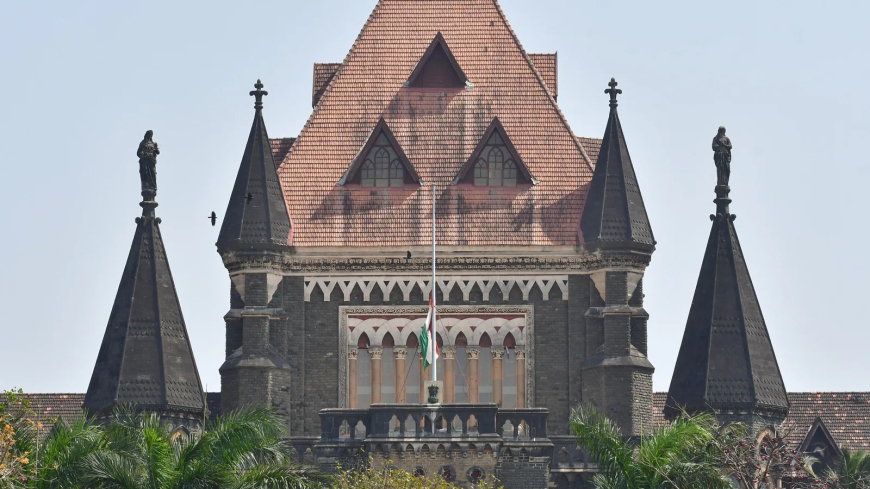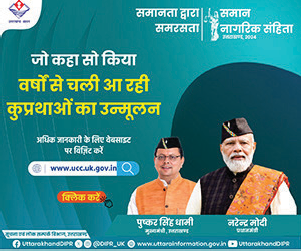Akola, Maharashtra: In a landmark ruling, the Bombay High Court has made it clear that a single incident of following a girl does not amount to stalking under Indian law. The judgment was delivered by Justice Govinda Sanap of the Nagpur Bench, which reviewed a case involving the alleged harassment of a 14-year-old girl in Akola district, Maharashtra.

The case stemmed from a complaint filed in September 2020 by the victim’s mother, accusing two 19-year-olds of stalking and harassing her daughter in August of that year. The court clarified that in order to charge someone with stalking, there must be evidence of "repeated or constant" actions such as following, watching, or contacting the victim, whether in person or through digital media.
While the court upheld the conviction of the first accused for house trespass, groping, and threatening the minor, which resulted in a sentence of two and a half years in prison (served with a fine), the second accused was acquitted. Justice Sanap stated that there was insufficient evidence to charge the second accused under Section 354-D of the Indian Penal Code (IPC) for stalking, and no active role was proven.
This ruling revises the previous Akola Sessions Court judgment, where both accused were sentenced to prison terms between three to seven years. The Bombay High Court’s verdict highlights the importance of concrete evidence to prove stalking charges and underlines the legal requirement for demonstrating repetitive behavior.
In essence, while harassment and other crimes against minors are serious offenses, Indian law requires clear evidence of a pattern of stalking for conviction, as emphasized by this judgment.




 Previous
Article
Previous
Article











